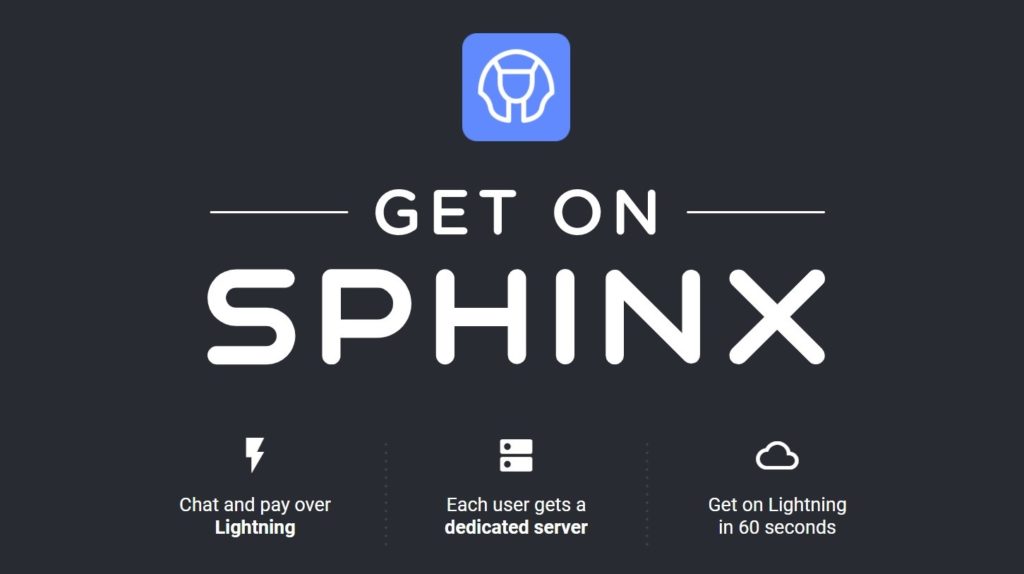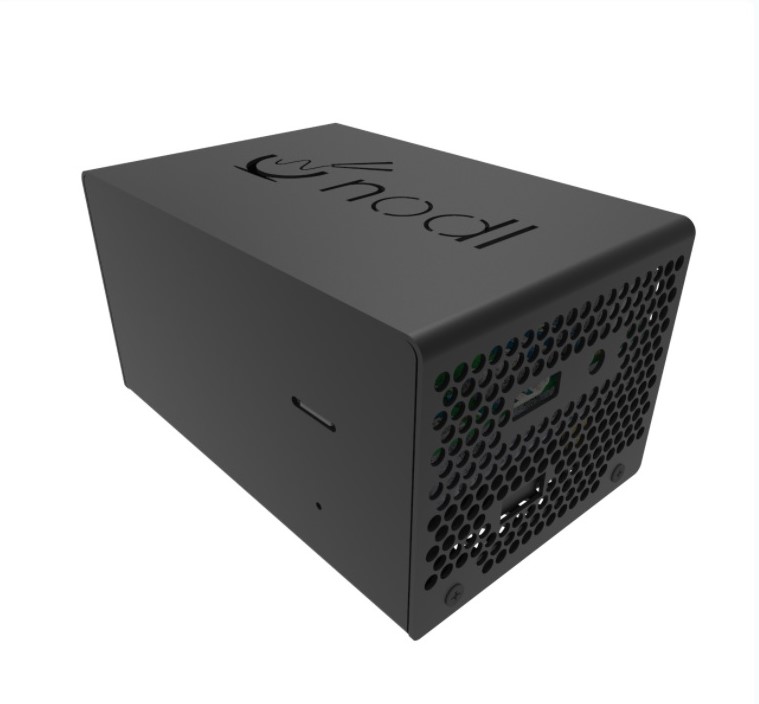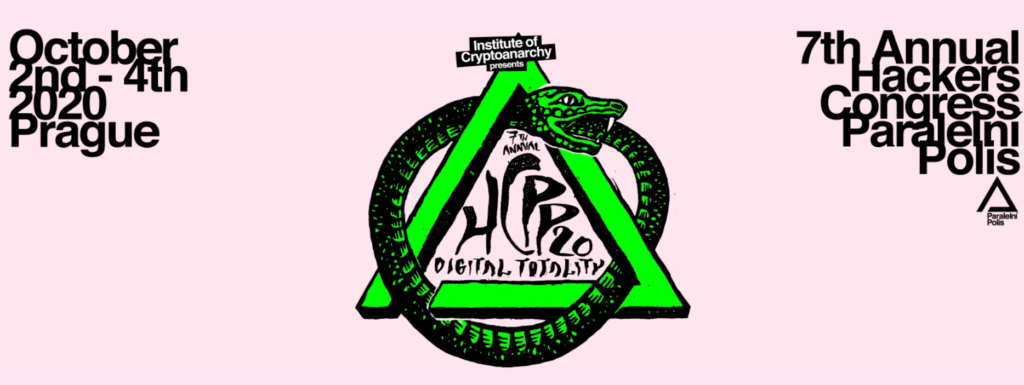From Programming at Age 7 to Crypto-anarchy Today – an Interview with Ketominer

Getting into bitcoin, his thoughts on crypto-anarchy, Twitter fights and his upcoming talk at HCPP2020 – we sat down to talk everything crypto-related with „full stack” person and crypto-anarchist, Ketominer.
BitcoinBázis: First, could you tell us a little bit about yourself and how you got into the crypto community? Was bitcoin your first connection with this world?
Ketominer: My first connection with bitcoin was very early on. I don’t remember the date exactly but, in those time, the only way to get bitcoin was to mine it, which I didn’t know anything about, or to buy them through very complicated channels (like buying some Second Life dollars first and then going into the Second Life game and exchanging those for bitcoin) but I never actually managed to go through the process. But then in 2013 or 2014 I met a colleague who was really into bitcoin and mining and we started to talk about maybe creating a hardware wallet. Nothing really came of it but that was the first time when I really got to know bitcoin and understood what it meant and what it really was.
BitcoinBázis: Even before getting into bitcoin, you had a very technical background. On the HCPP conference website, it says that you actually got into programming at the age of 7. That’s super early, how did that happen?
Ketominer: I have no idea why it happened. I moved to France from Poland when I was 6 and I started going to school there. To learn the language, my parents took me to the local library to read all the book I could find. For some reason, I only started reading books about robots and electronics and computers. I didn’t even have a computer at home so I was writing programs on a piece of paper and while I was visiting friends who had computers, I would try out the programs I wrote earlier.
But I never went to any engineering school or anything like that. I learnt all that by myself, much earlier that I would have in school.
BitcoinBázis: You’re going to give a talk at the HCPP conference is Prague this Friday (October 2). Could you tell us a bit about what you’re going to be talking about there?
Ketominer: At the conference, I’m not going to talk about my own project but about one of my close friend’s product called sphinx.chat. It’s started as a chat application on the Lightning network. Since early 2019, you can send a payment on the Lightning network without an invoice – and this gave him the idea to use that to send something other than a payment. He’s always had a much bigger idea for this product, so it started as a chat application but it can also be used for commerce where you can send invoices and then get paid on the application. You can also send premium content and also use it for subscriptions. For example, you have a podcast and your subscribers can pay using the sphinx.chat app by simply scanning a QR-code on your website.

Forrás: sphinx.chat
Since everything is end-to-end encrypted and you have chat and payment in one place, you can very easily imagine using this for buying and selling things your government doesn’t want you to buy or sell. Of course, today the first thing that comes to mind would be illegal stuff but tomorrow any product, like meat for example, that is legal today could become illegal or at least heavily taxed. In this case people could resort to buying things this way.
BitcoinBázis: Is this going to be your first time at the conference? Or have you given a talk there before?
Ketominer: Last year, I talked about how we do business at Nodl, especially about our struggles about the fiat-bitcoin exchange because our suppliers get paid in fiat but we only get paid in bitcoin.
BitcoinBázis: Nodl is one of your main projects. What do you guys do over at Nodl? What sort of service is Nodl providing in the crypto world?
Ketominer: The original Nodl project was what is now commonly known as a bitcoin full node in a box. Basically, it’s a hardware device that you have always on and that runs anything bitcoin-related you might need. So you get your bitcoin full node with a copy of the bitcoin blockchain, you get your Lightning node, you get wallet backends such as an Electrum server or a Dojo Samourai server. You can get coin mixing with Whirlpool. You can get a BTCPayServer to accept payments on your website or in your physical store. Actually, one of our very first customer is using his Nodl for his shops and restaurants and online store to process all his bitcoin payments.
We are also adding more tools every couple of months to make you less dependent on third-party websites. For example, instead of going to blockchain.info to check a transaction, you can check it on your own private device.
BitcoinBázis: So let’s assume I have a business in Hungary. If I would buy one of these, could I also accept bitcoin payments here in Hungary?
Ketominer: Yes, totally.
BitcoinBázis: And how did you get started with Nodl? Where did the idea come from?
Ketominer: I was reading Mastering Bitcoin by Andrea Antonopoulos, and to learn and try what is in the book you have to have a bitcoin full node running. And I didn’t want to do that on my computer because even at that time, it was using like 100 GB and on a laptop it’s a lot. So I built a Raspberry Pi based full node just for me to play on. Then it stopped working and I wanted to build a more serious device with more current hardware and I started researching which hardware I could use to do that. That was around the time when Lightning came live on the main net and I saw an opportunity to make a commercial project of all these tools integrated into a single box that people could just buy and plug in and then process payments.

nodl one – Personal Bitcoin Assistant
As a more recent development, Askuwheteau joined me on the project, working more on the money and business and investment side. Until now we are 100% self-funded; we basically bootstrapped the project by preselling the first batch of devices. By doing it this way, we didn’t need external investment but now we would really like to maintain inventory so that we could just ship the device on the same day. So now we’re looking for investment to achieve that.
BitcoinBázis: Is that your main project now for the future or are there any other exciting secret projects in the works?
Ketominer: We have just released the Nodl Cloud but it’s still very early access. It’s basically exactly the same software you would find on the box but it’s a hosted version. Let’s say you have an online business and you don’t want to connect it to a box in your home to process your payments. Or maybe you don’t even have a home because you’re a digital nomad but you still want your full node which is dedicated only to you. Then you can just use rent the same software monthly with Nodl Cloud.
It’s also no secret that there’s another project I’m working on. It’s called host4coins and it’s an anonymous bitcoin-only hosting service. I’m basically making the bet the people who will be renting this service will not do anything stupid with them and I will not go to jail. I have about 30 customers now on this service and it’s growing almost every day. I’d also like to add more services like anonymous domain registration or VPN service.
BitcoinBázis: You also identify as a crypto-anarchist. What does that really mean and why do you identify as one?
Ketominer: I usually don’t like to attach any labels to myself but this one pretty much fits what I believe in. For me, the definition of a cryptoanarchist is someone who wants to act freely without any rules imposed by the government or any external body and uses cryptographic tools to do so.
BitcoinBázis: Would that include all laws and regulations? Or are there any rules imposed by the government or an international institution that we should still keep?
Ketominer: Obviously, there are rules that are well-accepted and not harmful to society like stopping at the red light or not killing people – we are not talking about these kinds of rules. I think we are only talking about those rules and laws that prevent you from living and doing what you want to do with your money which is why cryptocurrencies exist in the first place: a separation of money and state.
The goal we are striving for is that the state should be considered as a service provider, which it ultimately is. And we should be free to set the amount of money we are ready to pay for these services.
BitcoinBázis: So that could replace taxes for example?
Ketominer: Yes. Unfortunately, we can’t just stop paying taxes and say that if I go to the hospital, I will pay for myself. It’s not possible today but using these tools, cryptography and cryptocurrency and hiding partially from the system would allow us to choose, to some extent, the amount of money we are willing to pay for these services.
BitcoinBázis: Is this something we could achieve in the future?
Ketominer: I don’t believe we will see it in our lives, at least not in the mainstream countries. But it might be achieved on a smaller scale in more private places. Maybe a small country or an island, or even just a free zone in a bigger country.
BitcoinBázis: And wouldn’t people just take advantage of this system?
Ketominer: I mean, obviously some people would. But anarchism is also something that self-regulates. It doesn’t mean that there are no rules; it means that there is no ruler. If you look, for example, at the pirate societies, they were very organized and very regulated even if, at any time, the people governing could be just thrown out of the community and replaced by someone else because of a consensus. It basically replaces the government or a ruler by a consensus. But it definitely doesn’t mean that there are no rules. The only way to check if it could work is to try it.
BitcoinBázis: You’re very active on Twitter, so I also wanted to ask you about the crypto community on there. Lately there has been a lot of criticism that the Twitter crypto community has become toxic and is not welcoming to newcomers. Do you also agree with that or is your experience different from that?
Ketominer: My interaction on Twitter is mostly with people that I’ve known for a pretty long time: keeping in touch with them and making jokes in front of everyone without other people understanding it [laughs]. A lot of people call Twitter toxic but I think it’s more of a self-defense mechanism against, for example, people just trying to sell scams.
Even when at the Bitcoin Cash fork, I remember having some arguments with people, it always ended up in a positive way at the end. Even if the beginning was probably rude or inappropriate. But it’s also the way we argue in the technical community; any technical community. I’m coming from open source, long before bitcoin, and in the Linux community we often just argue for the sake of arguing. Sometimes it’s fun to see how far you can push the argument. Then everybody goes to sleep and next day something else happens.
Thanks again to Ketominer for taking the time to chat with us! If you’re interested in learning more about him, give him a follow on Twitter @ketominer. To learn more about the HCPP conference (October 2-4, Prague), you can find more information by clicking here.

Read our previous interview with another HCPP2020 speaker Silur here (in Hungarian).